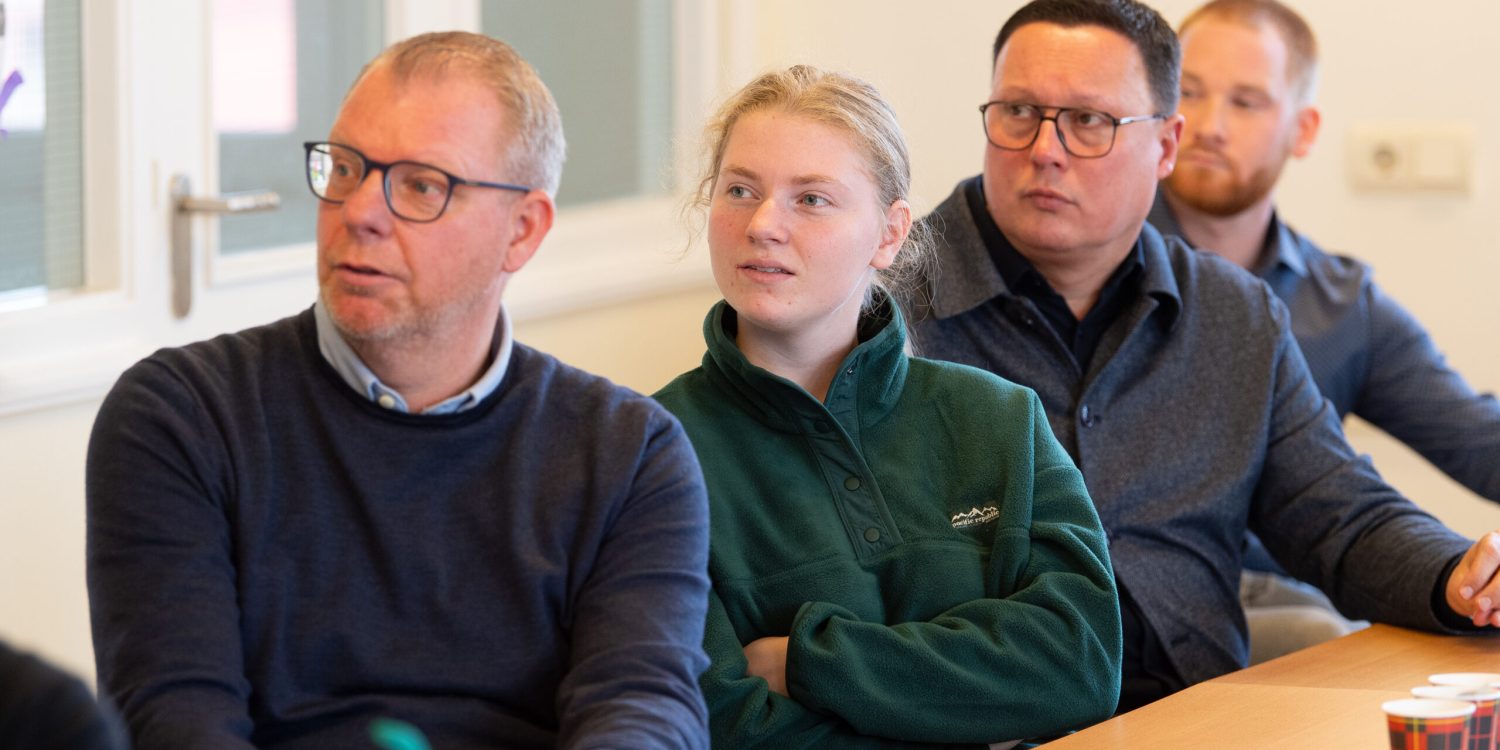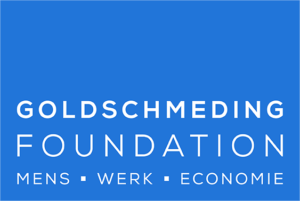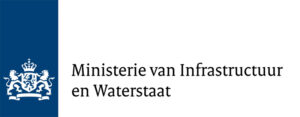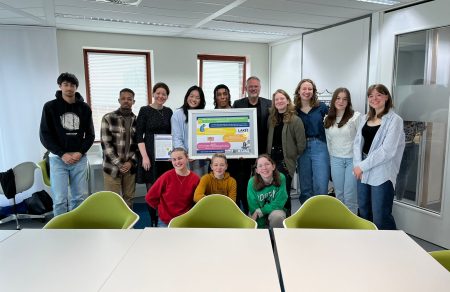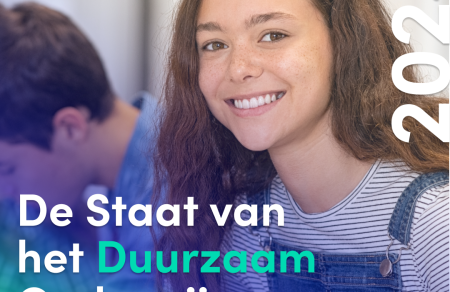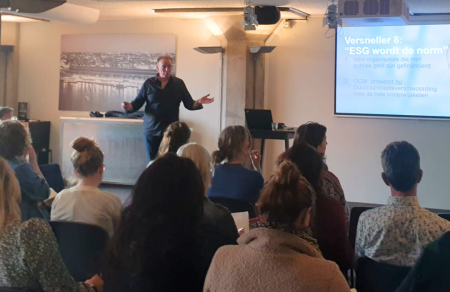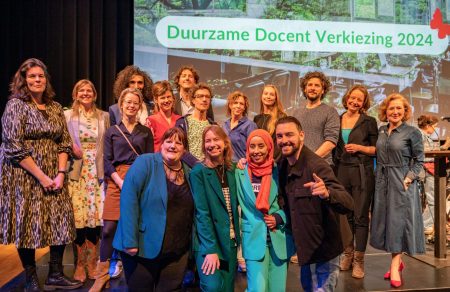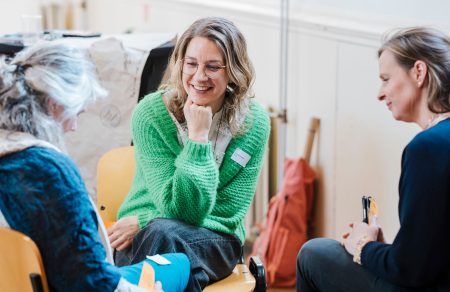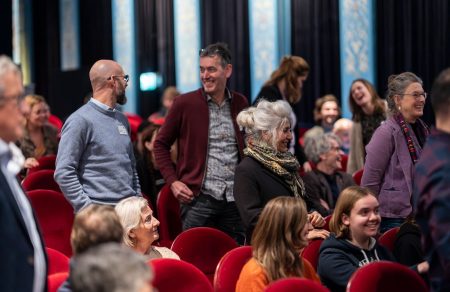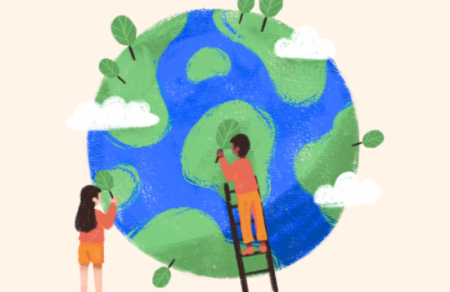It is drizzling outside, but in the large, high room of the Floating Pavilion the atmosphere is warm and expectant. Not least because of the students who will soon make their presentation on the past twenty weeks in the TIP community. In addition to faculty from the college, the visitors are mainly from the participating companies with whom the students worked.
TIP as a learning community
That the construction industry needs up-to-date, specific knowledge is obvious, according to Merijn Neeleman. But usually training focuses mainly on basic knowledge. Together with Cora Jongenotter, he is the pioneer in filling that knowledge gap adequately. Over the past four years, they have established a foundation with TIP through transdisciplinary cooperation between students from different fields of study. And by also offering specific and up-to-date knowledge in collaboration with companies. In the coming years, they want to explore whether the active role of companies can be expanded.
Peter Troxler, director of Knowledge Center Creating 010, concurred. The new interpretation of a knowledge institute like Hogeschool Rotterdam is to connect the eagerness to learn of companies and students. He cited TIP as the example where that comes together.
TIP and circular construction
Haico van Nunen, Lecturer in Sustainable Renovation, therefore sees the building task not only as a task for the city, but just as much as a climate task. He also emphasizes the importance of cooperation by approaching building issues as a network issue. Haico: "Collaboration is a must to take the right steps and connect partial solutions." Dick van Veelen of Meijs Ingenieurs told the audience that economies of scale - and thus cooperation - are necessary for a circular economy. Using several examples, he showed how "circular" can be used to build a business case.
Presentations by TIP students
Students need much more in-depth knowledge to make connections and take real steps, according to Van Nunen. Through the workshops and master classes in the past TIP round, the students are more aware of processes on the construction site and of the life cycle of products. Together with the participating companies they researched the feasibility of circular construction, optimal chain cooperation and circular construction as well as the design of an emission-free construction site.
The main conclusion they shared with the audience was to keep taking (even) small steps toward circular construction, because they too make a difference. How? On the one hand by transparency, prompted by a collaboration of architect, contractor and client from the start of a project. On the other by centralizing all those little steps (in a hub, for example) and thus creating a strong basis for transition.
Continue reading?
Want to learn more about the TIP? Go to the website!
See results from this round of TIP? Here you will find the overview presentation of the final event.
